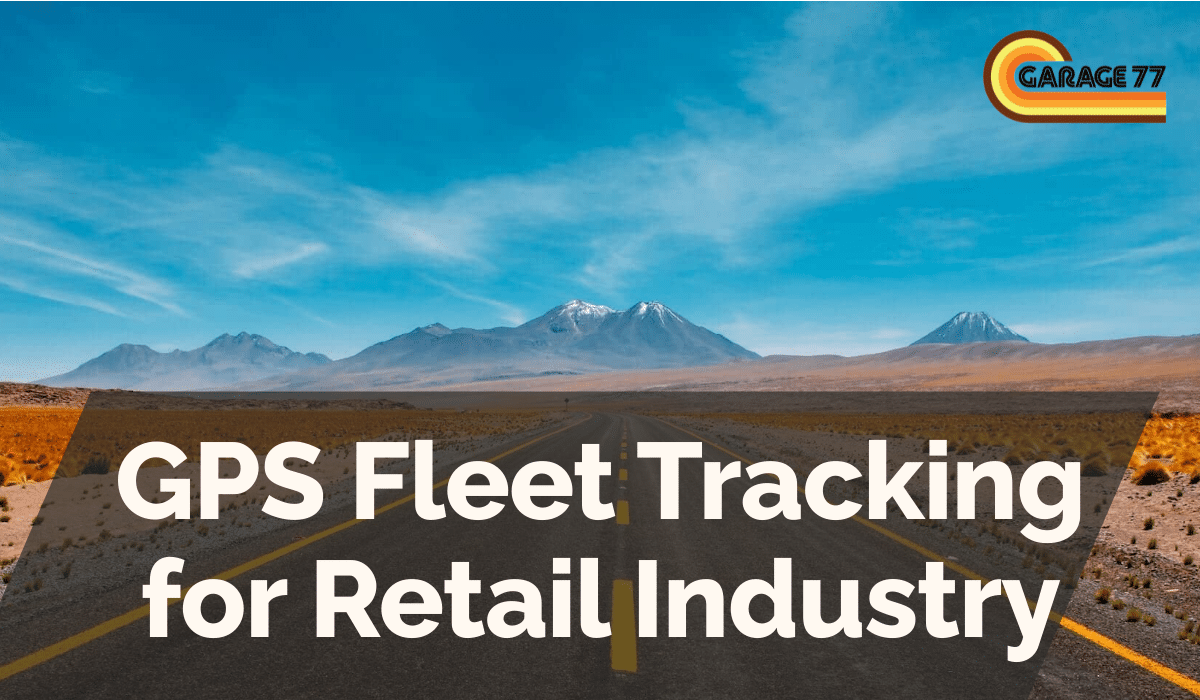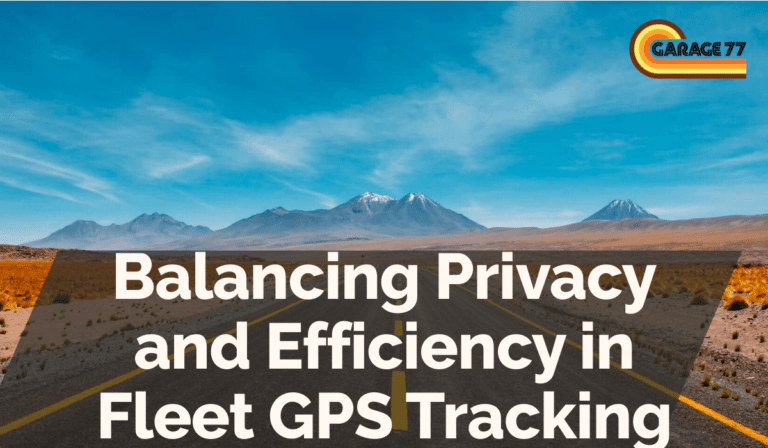The retail industry is highly dependent on the timely delivery of products from the warehouse to the store. Ensuring that the right products are delivered to the right stores at the right time is imperative for a retailer’s success. This is where GPS fleet tracking can play a vital role. In this article, we will discuss the benefits of GPS fleet tracking for the retail industry and how it can improve operational efficiency and customer satisfaction.
What is GPS Fleet Tracking?
GPS fleet tracking is a technology that uses GPS and telematics to track the location, movements, and behavior of vehicles in real-time. Fleet tracking software collects data from GPS receivers and sensors in vehicles and transmits it to a central server for analysis. The software then presents this data to the fleet manager in a user-friendly format, allowing them to make informed decisions about their fleet operations.
Benefits of GPS Fleet Tracking for Retail Industry
1. Improved On-Time Delivery
GPS fleet tracking software provides real-time data on the location and movements of vehicles, allowing fleet managers to monitor delivery schedules and adjust routes if necessary. This helps retailers to ensure that products arrive at their stores on time, reducing stockouts and improving customer satisfaction. Real-time data also enables managers to respond quickly to unforeseen circumstances such as traffic congestion or vehicle breakdowns, ensuring that deliveries are not delayed.
2. Reduced Fuel Costs
Fuel costs are a significant expense for fleet operators, and the retail industry is no exception. GPS fleet tracking software can help reduce fuel costs by optimizing routes and reducing idle time. By identifying the most efficient routes, fleet managers can ensure that drivers are not wasting time and fuel by taking unnecessary detours or getting stuck in traffic. The software can also monitor driver behavior, such as excessive idling, harsh acceleration, or speed violations, and provide alerts or reports to managers to help them identify ways to reduce fuel consumption.
3. Increased Security
Theft and unauthorized use of vehicles can be a significant problem for fleet operators. GPS fleet tracking software can help increase vehicle security by providing real-time location data and alerts if a vehicle deviates from its scheduled route. This enables fleet managers to take immediate action to recover stolen vehicles or prevent unauthorized use, reducing the risk of theft and increasing overall security.
4. Improved Driver Safety
Driver safety is a top priority for fleet operators, and GPS fleet tracking software can help improve driver safety by providing real-time data on driver behavior. The software can monitor driver speed, acceleration, and braking, and provide alerts or reports to managers if risky behavior is identified. This enables managers to take corrective action, such as providing additional training or coaching, to improve driver safety and reduce the risk of accidents or injuries.
FAQs
-
Can GPS fleet tracking help retailers to reduce delivery times?
Yes, GPS fleet tracking software can help retailers to reduce delivery times by optimizing routes and responding quickly to unforeseen circumstances.
-
How can GPS fleet tracking help to reduce fuel costs for retailers?
GPS fleet tracking software can help reduce fuel costs by optimizing routes and reducing idle time, and by identifying ways to improve driver behavior that can reduce fuel consumption.
-
Can GPS fleet tracking help to improve driver safety for retailers?
Yes, GPS fleet tracking software can help improve driver safety by providing real-time data on driver behavior and enabling managers to take corrective action to reduce the risk of accidents or injuries.
Conclusion
GPS fleet tracking software can provide significant benefits to retailers by improving on-time delivery, reducing fuel costs, increasing security, and improving driver safety. By implementing a GPS fleet tracking solution, retailers can improve operational efficiency, reduce costs, and increase customer satisfaction.







